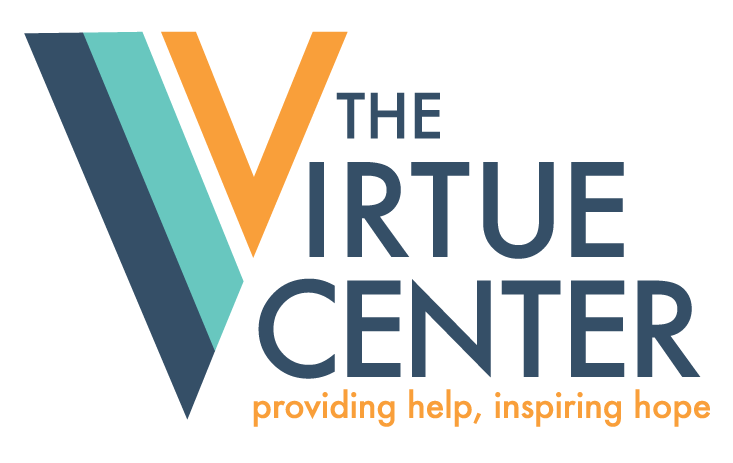This training will help clinicians identify and confront unhealthy thinking processes with their clients. We will go back to the basics: what purpose does criminal thinking serve and why does it occur. Our trainers will offer possible interventions to challenge unhealthy thinking patterns. This multi-faceted training approach utilizes three distinct perspectives from our therapy staff. Steve Nelson has 40 years of experience in this field, coupled with Will Warner’s experience working with justice-involved clients and our Recovery Support Specialist Caleb Klusmeyer offering a personal voice.
This training will be interactive and hosted live on the Zoom platform.
3.00 CEUs Approved for LADC/CADC, CM/RSS, LPC/LMFT, Social Work
Meet Your Trainers:
Steve Nelson is a Certified Alcohol Drug Counselor. Steve has been a member of The Virtue Center team since 1981. His favorite part about working at The Virtue Center is working in the prisons. He utilizes CBT when working with clients. He particularly like working with criminal justice populations.
Will Warner graduated with a masters in counseling at East Central University and they currently hold a Licensed Alcohol and Drug Counselor/Mental Health. Will has been a member of The Virtue Center team since 2013. Their favorite part about working at The Virtue Center is working in the Purcell office. Will utilize Jungian and Cognitive behavioral therapy when working with clients. Will enjoys working with criminal justice and child welfare clients. In his free time, Will likes to play with his children and enjoys roleplaying games.
Caleb Klusmeyer is a Recovery Support Specialist and Case Manager. Caleb has been a member of The Virtue Center team since 2018. Caleb works with a wide range of clients including adolescents and adults. He enjoys connecting with clients through his own personal experience. In his free time, Caleb is a musician in three bands!
